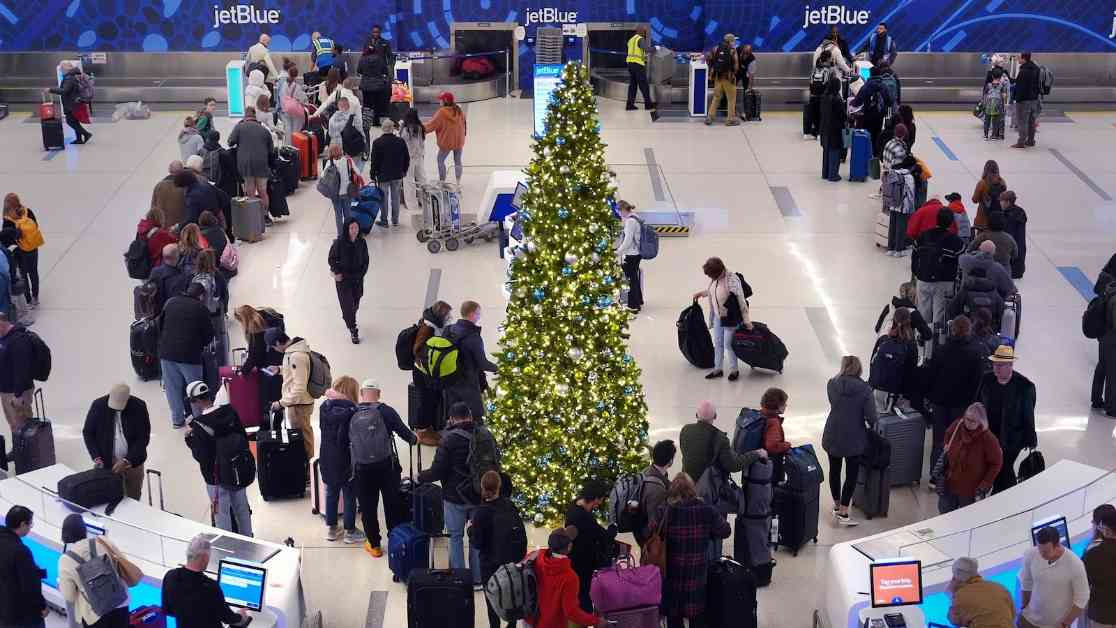Government Shutdown Threatens Air Travel During Holiday Season
As the holiday travel rush kicks off, a looming government shutdown poses potential threats to air travel operations, particularly affecting TSA wait times at airports and impacting the hiring of air traffic controllers (ATC) if the shutdown persists. The implications of a prolonged shutdown could lead to longer lines at security checkpoints and hinder the efficient operation of the nation’s air traffic control system.
Impact on TSA Operations
The Transportation Security Administration (TSA) plays a vital role in ensuring the safety and security of travelers passing through airport checkpoints. In the event of a government shutdown, TSA workers, deemed “mission essential,” would be required to continue working without pay. This situation could potentially lead to increased wait times for passengers during the busy holiday season, as the agency anticipates screening 40 million travelers from December 19 through January 2, reflecting a 6.2% increase from the previous year.
ATC Staffing Concerns
Air traffic controllers, crucial for maintaining the safe and efficient flow of air traffic, are also at risk of being impacted by a shutdown. Members of the National Air Traffic Controllers Association (NATCA) would be required to work without pay, resulting in extended shifts and increased workloads. The Federal Aviation Administration (FAA) faces challenges in hiring and training new air traffic controllers during a shutdown, potentially exacerbating existing staffing shortages.
Call for Immediate Action
A coalition of aviation stakeholders, including industry representatives and labor groups, has urged congressional leaders to take immediate action to avert a government shutdown. The disruption caused by furloughed FAA employees and suspended safety programs could have lasting effects on aviation safety and efficiency, impacting the industry long after funding resumes. Secretary Buttigieg emphasized the importance of maintaining staffing levels to prevent cancellations and ensure the continued success of the nation’s aviation system.
In conclusion, the potential consequences of a government shutdown on air travel highlight the need for swift resolution and bipartisan cooperation to safeguard the interests of passengers, airlines, and aviation professionals. As lawmakers navigate funding negotiations, the future of holiday travel and the stability of the aviation industry hang in the balance.


